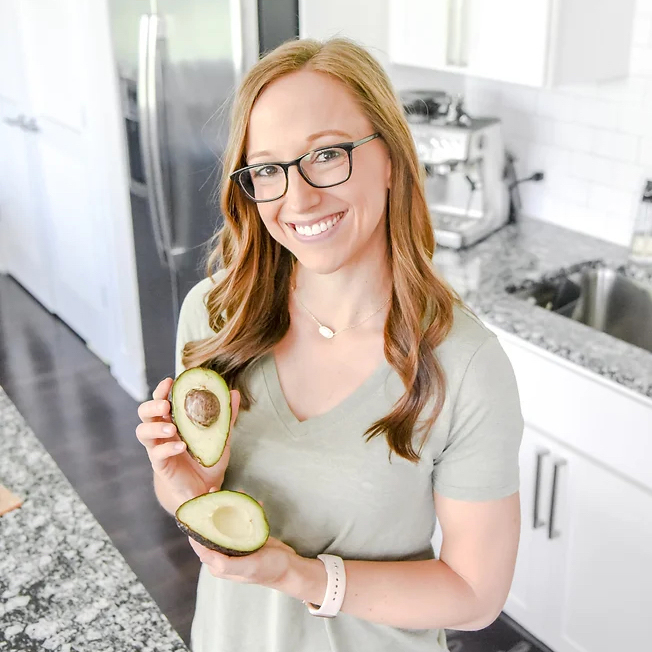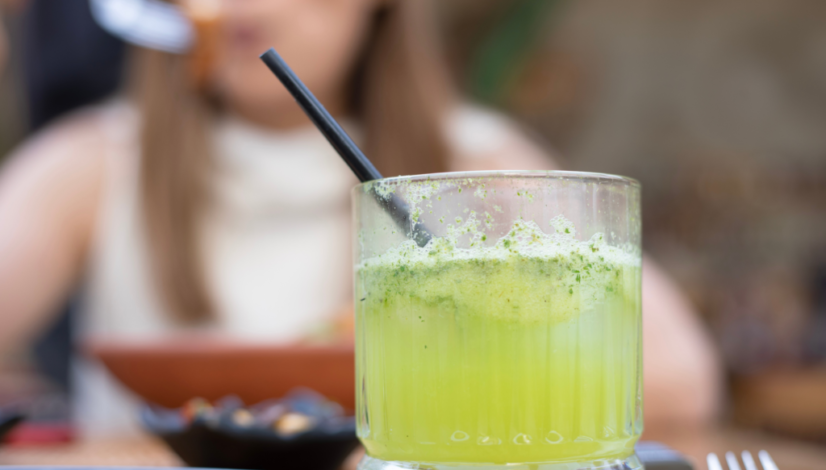Antioxidant Drinks: Separating Fact From Fiction
Antioxidants are hyped as a main component in so-called superfoods. But how vital are antioxidant drinks and other supplements to your good health?
Let’s separate fact from fiction about antioxidants and what’s important in your diet.
About Antioxidants
The main benefit of antioxidants is their defensive value against unstable molecules known as free radicals.
Free radicals are floating byproducts of normal metabolism. They travel through the body’s bloodstream, potentially interacting with and damaging healthy cells. Over time, this cell damage may contribute to chronic disease and certain cancers.
Antioxidants, on the other hand, are protective molecules. They act as tiny “fire extinguishers,” putting out the fire of oxidative damage and neutralizing damage where it begins.
Antioxidant Drinks
The word “antioxidant” has become a darling of the marketing world, glorified in advertising and promoted on in-store signage. However, publicity aside, antioxidant drinks may offer an occasional beneficial antioxidant boost.
Beverages with antioxidants come in various flavors and types, including:
- Certain teas, such as green tea, matcha green tea, or turmeric tea
- Color-rich, cold-pressed juices like pomegranate, cranberry, acai, or grape
- Red wines
- Water and other supplement drinks formulated as antioxidant blends
Antioxidant Facts vs. Fiction
Here are a few myths about antioxidant food and drink, along with facts about their benefits:
Fiction: We must eat superfoods (or drink antioxidant beverages) to get enough antioxidants. Fact: It’s not necessary to ingest antioxidant-supplemented food or drink. Your body benefits from a simple, balanced variety of plant-based foods and vibrant colors — fruits, vegetables, nuts, and seeds.
Fiction: Antioxidants cure illness. Fact: Antioxidants are not curative but help reduce the risk of cancers and other diseases.
Fiction: All vitamins and minerals are antioxidants. Fact: Only certain vitamins and minerals have antioxidant properties, including:
- Vitamin A
- Vitamin C
- Vitamin E
- Copper
- Zinc
- Selenium
Fiction: Antioxidants can reverse aging or assist with healthy aging. Fact: Although oxidative stress can affect aging, antioxidant drinks and food can’t reverse that process. They may, however, help slow the aging process in some people.
Fiction: The more antioxidants you consume, the better. Fact: It’s possible to consume formulated antioxidants to excess, with negative side effects similar to overuse of a vitamin or mineral. However, there’s little chance you’ll get “too many” antioxidants from natural sources such as fruits and vegetables.
Vibrance and Variety
Is there a recommended daily amount of antioxidants? No, they don’t have the same recommended measures as our macros (fat, protein, carbs) and micros (vitamins and nutrients).
If you feel your diet lacks fruit and vegetables, specifically formulated drinks or supplements may supply you with helpful antioxidants.
But first, strive to fill your plate with vibrant fruits and vegetables that give you the antioxidants you need. A nourishing diet calls for a good variety and balance of phytonutrients in these rainbow colors:
- Red: Beets, bell peppers, cranberries, pomegranates
- Orange: Carrots, sweet potatoes, oranges
- Yellow: Bananas, lemons
- Green: Apples, avocado, broccoli
- Blue/purple: Berries, eggplant, grapes
- White/tan: Garlic, onions, cauliflower, ginger
Make Healthy Choices
At Signature Healthcare, we encourage great nutrition habits that bring you the true power of antioxidants. We help guide you to eat a wholesome mix of foods that support a long, healthy lifespan, and explain if or when supplements like antioxidant drinks might be helpful.
We offer patients nutritional guidance, dietary analysis, and counseling toward sustainable lifestyle changes.

Natalie Mokari, RDN LDN
Natalie Mokari is a skilled dietitian with a Bachelor of Science in Food Science and Human Nutrition from Clemson University, complemented by a dietetic internship in Charlotte. Her expertise spans outpatient clinical nutrition, private counseling, corporate wellness, and school food service, emphasizing a non-diet approach and mindful eating. Outside the clinic, she relishes trying new recipes, outdoor activities, traveling, and exploring Charlotte with her husband and dog.

